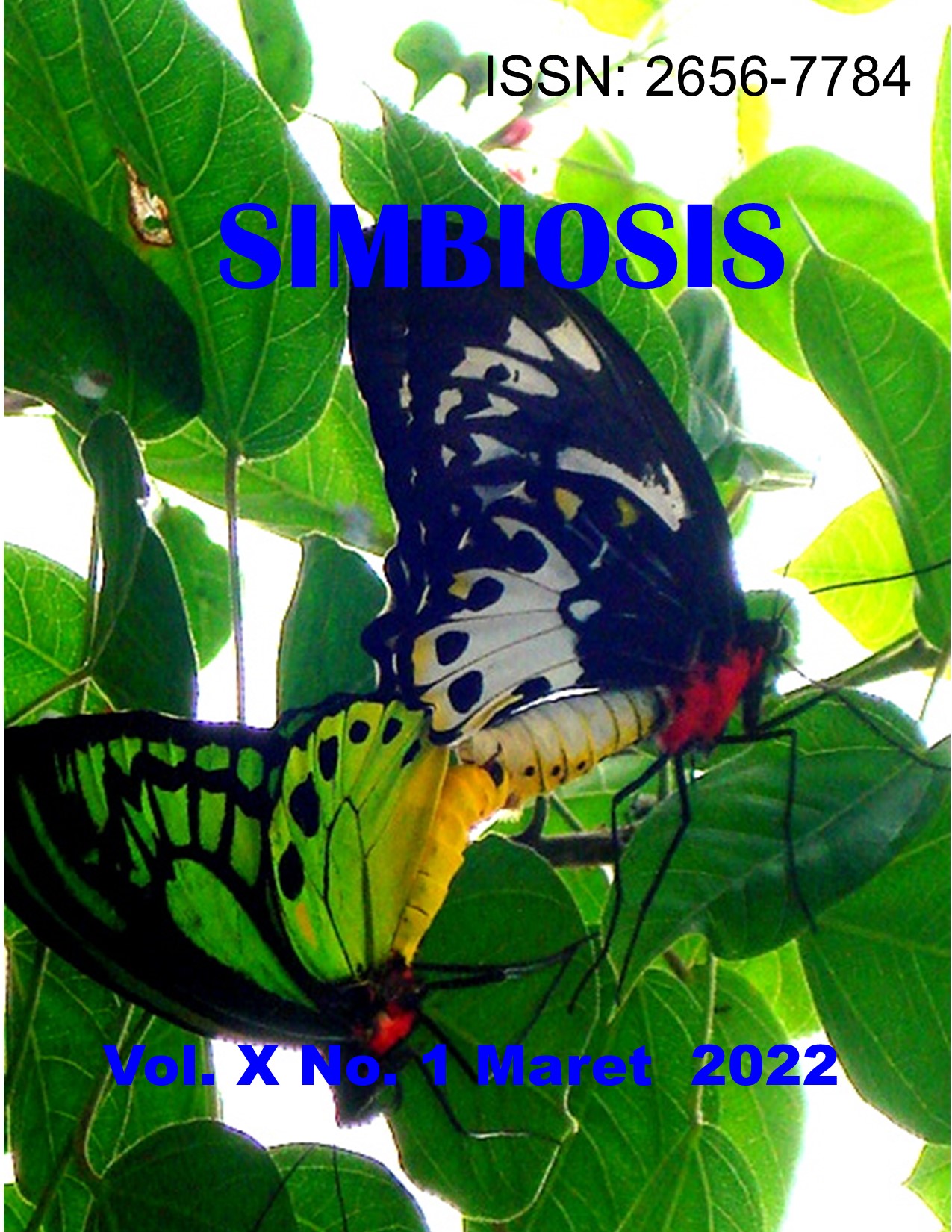EFFICIENT USE OF CLEAN WATER AT ALILA VILLAS ULUWATU, BALI
Abstract
Human beings depend on water not only to fulfill domestic needs but also to fulfill production, industry and other needs. Because of high quality of water is needed for the hotel industries, it is necessary to conduct observations to find out efficiency use of clean water in hotels or villas. Alila Villas Uluwatu Bali is one of the luxurious five-star villas which has various facilities and infrastucture that are provided so that the use of clean water is certainly quite a lot. This research is carried out with purpose to know efficiency effort of using clean water at Alila Villas Uluwatu Bali. The methods used in this study are interview, document examination and field observation. The data obtained is analyzed qualitatively. Based on the result of this study, the average clean water consumption of Alila Villas Uluwatu in 2017 was 2.80 liters/visitor and in 2018 it was 2.73 liters/visitor. In 2018 the efficiency of clean water use at Alila Villas Uluwatu was 2.5% compared to 2017. Other efforts that can be made to minimize clean water consumption at AVU are by using water fixtures and sanitary, absorbing water through biopori and infiltration wells on green land, optimizing water pipes, limiting shower flow and controlling leaks and regulating water pressure periodically. The meaning of the results of this study is that Alila Villas Uluwatu has reduced waste that is not good for the environment, but Alila Villas Uluwatu reprocesses it for hotel operations.
Downloads
References
Alila Hotels and Resorts. 2018a. “Sustainable Tourism”. https://www.alilahotels.com /uluwatu/sustainable-tourism#. Diakses pada tanggal 30 Januari 2020.
. 2018b. “Location”. https://www.alilahotels.com
/uluwatu #snap-locations. Diakses pada tanggal 30 Januari 2020. Anies. 2005. Mewaspadai Penyakit Lingkungan. PT. Gramedia. Jakarta.
Arsyad, S. 2000. Konsevasi Tanah dan Air. Serial Pustaka IPB Press. IPB Press. Asmadi, Khayan, Kasjono H.S. 2011. Teknologi Pengolahan Air Minum. Gosyen Publishing. Yogyakarta.
Budiana, I. N. 1997. Analisis Kualitas Air Sumur Dalam di Wilayah Kelurahan Kuta, Kabupaten Badung. Jurusan Biologi Fak. MIPA-UNUD. Denpasar.
Choksi, K.N., Sheth, M.A., and Mehta, D. 2015. To Evaluate The Performance of Sewage Treatment Plant: A Case Study. International Research Journal of Engineering and Technology (IRJET), 2 (8) : 1076 – 1080.
Fauzi, I. K. E. P. 2018. Analisis Pemakaian Air Bersih Pada Hotel Bintang Lima (Studi Kasus: Hotel Padma Bandung dan Hotel Intercontinental Dago Pakar Bandung). Skripsi.
Hendra, W. 2009. Kondisi dan Potensi Dampak Pemanfaatan Air Tanah di Kabupaten Sumenep. Jurnal Aplikasi. 6(1): 21-28.
Hermiyetti dan Poetri, A.S. 2010. Analisa Pelaksanaan Audit Lingkungan Atas Pengelolahan Limbah Cair pada PT. Chevron Pacific Indonesia (Studi Kasus Limbah Air Terproduksi Lapangan Minas, Propinsi Riau). Jurnal Investasi, 6(2) : 124 – 139.
Hidayat, M.Y., R. Fauzi, A.H. Harianza, dan G.S. Saragih. 2019. Efisiensi Penggunaan Grey Water dan Air Hujan dalam Rangka Menurunkan Tingkat Penggunaan Air Baku. Jurnal Teknologi Lingkungan. 20(2):215-224.
Hu, X. 2020. Sustainable Water Demand Management: A Case Study of Singapore’s Accomodation Sector. IOP Conf. Series: Earth and Environmental Science. 576: 1-7.
Keputusan Menteri Lingkungan Hidup No ke–42/MENLH/11/119. Pedoman Umum Pelaksanaan Audit Lingkungan.
Khamdevi, M. (2012). Aplikasi Penggunaan Air Dalam Fiqh Pada Bangunan Hunian: Reduce, Reuse dan Recycle. Program Studi Arsitektur Universitas Pembangunan Jaya.
Lasta-Bravo, X. B., dan Morillo, L. D. C. 2020. Clean Technologies And Green Services Implementation In Accommodation Establishments at the Urban Area Of Otavolo, Ecuador. Interamecian Journal of Environment and Tourism. 16(1): 23-34.
Lestari, F. L., A. A. G. R. Dalem., I. K. Sundra. 2020. Konservasi Air Sebagai Program Green Hotel Pada Hotel Melati di Kawasan Pariwisata Sanur; Bali. Journal of Biological Sciences. 7(1): 103-111.
Mallorqui, A.G., X. Garcia., dan A. Ribas. 2017. Mass tourism and water efficiency in the hotel industry: A case study. International Journal of Hospitallity Management. 61:82-93.
Putri, L. H., Suharyono, dan Pangestuti, E. 2020. Kebijakan Manajemen dan Reaksi Customer Terhadap Penerapan Green Hotel. Jurnal Administrasi Bisnis. 14(2): 1-12.
Suripin. 2001. Pelestarian Sumber Daya Tanah dan Air. Idea Dharma. Bandung. Tunggal, A. W. 2007. Dasar-Dasar Audit Manajemen. Jakarta: Harvarindo, 2007.
Suthedjo, M.C., dan A. Budhiyanto. 2020. Hotel Resor Ekologis di Gianyar. Jurnal eDimensi Arsitektur. 8(2):809-816.
Valentino, D. 2013. Kajian Pengawasan Pemanfaatan Sumberdaya Air Tanah di Kawasan Industri Kota Semarang. Jurnal Wilayah dan Lingkungan. 1(3): 265-274.
William, M.E. 2003. A Brief Review of Reverse Osmosis Membrane Technology. EET Corporation and Williams Engineering Services Company.
Yudo S. (2015). Pemakaian dan Penghematan Air Bersih di Kantor BPPT. Prosiding Seminar Nasional : “Inovasi Teknologi Lingkungan dalam Aksi Gerakan Nasional Indonesia Bersih”. BPPT, Hal. 302.
Yudo, S., 2018. Upaya Penghematan Air Bersih di Gedung Perkantoran. Jurnal Teknologi Lingkungan. 19(1): 97-106.

This work is licensed under a Creative Commons Attribution 4.0 International License.










